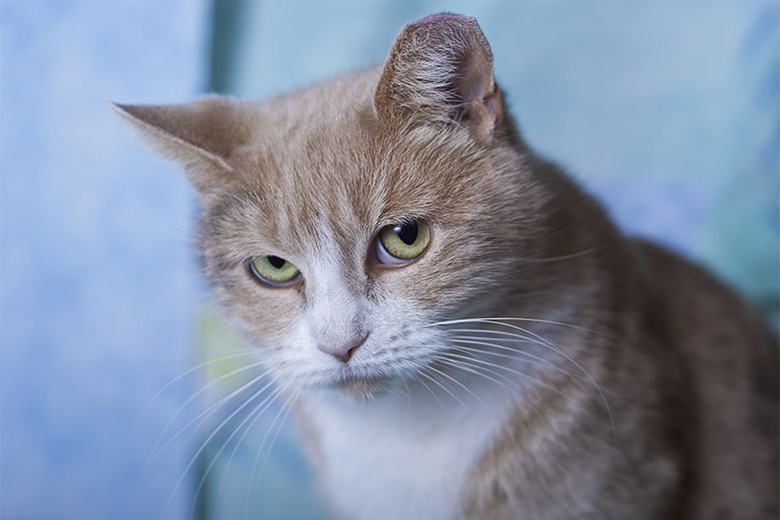Do Cats Hold Grudges? How Long Does A Cat Hold A Grudge?
Cats may very well be capable of being grumpy (or just looking grumpy!) but are cats capable of truly holding a grudge? The answer is up for debate and may depend on the cat's age. Kittens, for example, are infamous for their short memories, and it is often necessary to correct kittens time and time again for the same mistakes. At that age a kitten's memory is as small as their body, meaning they couldn't possibly hold a grudge! Older cats however, may be an altogether different story.
Meow-mories
Meow-mories
So how long is a cat's memory? Do they have memories long enough to hold a grudge? Compared to a dog's memory (which lasts no more than 5 minutes) a cat's memory can last up to 16 hours, say the researchers at the University of Michigan. Tufts University researchers go a step further, saying a cat's brain (their cerebral cortex) has a structure much like that of a human being. This may be the reason cats remind you when it's time to dine, how they're able to open doors, and use their body language to communicate. Their brain structure may also explain why some cats are still peeved hours after being shooed off the sofa! So, even if a cat can hold a grudge, the grudge shouldn't last for more than a few hours at best. Cats are extremely forgiving animals and will forgive you in a matter of minutes if you make an invitation to friendship. So behavioral problems probably signal another underlying issue, and not the result of holding a grudge.
Association
Association
Both animal behavior specialists and veterinarians agree not all is known or understood about our pets' ability to remember. Some pet owners would swear their cats can remember many events from their past relating to pleasure and pain. An example of this behavior may be demonstrated when you give your pet a treat for being good which may be associated with something that is pleasant. In opposition to this would be placing your pet into a pet carrier when it's time to visit the veterinarian. This could be construed as something unpleasant. Keep in mind that a cat's reaction and behavioral changes in the above types of situations can also reveal hidden problems.
Are Strange Behaviors Normal?
Are Strange Behaviors Normal?
Moodiness, finickiness, and independence—these are the characteristics many automatically associate with cats and, unfortunately, this leads many cat owners to believe that behaviors such as aggression, withdrawal, litter box avoidance and urination problems are normal. If you believe your cat is being spiteful and the above mentioned behaviors are simply cat quirkiness, then you may be mistaken! All of these problematic behaviors can be signs of an anxiety disorder which is making your pet suffer unnecessarily. If treatment is delayed for anxiety, the compounded stress can lead to aggression. You could even expect an increased skin condition risk, digestive issues, and heart and digestive problems.
Are Pet Anxiety Disorders Common?
Are Pet Anxiety Disorders Common?
Nearly 60 percent of pet owners relate that they have one pet experiencing anxiety issues while 40 percent say they have more than one pet with anxiety problems. This would suggest that anxiety issues with pets do exist and are quite common.
What to Do?
What to Do?
There are always appropriate training methods to change or curtail unwanted behaviors but you should check with your veterinarian for the newest ways to help your pet in overcoming these anxiety disorders.
